Rejecting threats, Tehran urges US to focus on Plan A in Vienna talks
As the remaining parties to the Iran nuclear agreement prepare to continue negotiations in the Austrian capital to revive the deal, Tehran has dismissed Washington’s attempts to set a deadline for the Vienna negotiations to bear fruit, calling it "fabricated".
Speaking at a press conference in Tehran on Monday, Iranian Foreign Ministry spokesman Saeed Khatibzadeh said the US would better focus on its Plan A rather than threatening Iran with a Plan B.
Days earlier, US Secretary of State Antony Blinken had said there were only “a few weeks left” to save the 2015 deal, officially called the Joint Comprehensive Plan of Action (JCPOA).
“We’re very, very short on time,” because “Iran is getting closer and closer to the point where they could produce on very, very short order enough fissile material for a nuclear weapon,” Blinken claimed.
He added that the US is “looking at other steps, other options” – often seen as a military threat – with allies including in Europe and the Middle East.
In response, Khatibzadeh said a Plan B is “not appealing for any country.”
“Blinken knows better than anyone that every country has a B Plan for itself and that Iran’s Plan B may not be very appealing to them. They need to make every effort to show that they have the necessary will and capacity for a Plan A,” he remarked.
Ideas turn into written words
Iran and the remaining parties to the JCPOA – Russia, China, France, Britain, and Germany – have been holding talks in Vienna since April last year. Iran says it pursues the removal of all sanctions that the United States re-imposed on Iran following its withdrawal from the deal.
Under former US president Donald Trump, the US unilaterally withdrew from the JCPOA and imposed draconian sanctions primarily targeting the Iranian economy.
On Friday evening, the eighth round of the talks was paused so that the diplomats could return to their respective capitals for consultations. However, the working groups on sanctions removal and sequencing the implementation of a probable agreement continued to work on draft texts on Sunday.
The diplomats are expected to return to Vienna later on Monday.
Khatibzadeh said that in the draft texts, “many of the tables and columns are ready and some of the parentheses were omitted,” adding that the negotiators have reached agreements on most ideas, which are currently being turned into written words.
Lasting agreement shaping up
What remains, Khatibzadeh explained, are key issues that require specific political decisions. “Washington needs to announce its decisions on the remaining issues,” he stated.
“If this happens, we will be heading toward a lasting agreement at a good pace,” the Iranian Foreign Ministry spokesman added.
The Iranian Foreign Ministry spokesman also urged the United States to stop what he termed as its “bullying behavior” and fulfill its international obligations instead.
“Significant disagreements remain in Vienna, and the most important one is the insufficient speed of the other sides, especially the United States,” Khatibzadeh said.
He added that great progress has also been made “on technical issues, but on the issue of sanctions removal, talks have been subject to political decisions that have been delayed on the other side.”
President Raeisi’s Russia visit
Elsewhere during his Monday presser, Khatibzadeh touched upon President Ebrahim Raeisi’s upcoming visit to Russia, saying the trip will be of great importance and in line with his administration’s balanced foreign policy.
He noted that Raeisi will confer with his Russian counterpart Vladimir Putin on political, economic, and social topics.
State-owned Russian television channel Russia-1 reported on Sunday that Putin will host his Iranian counterpart for talks in Moscow next week as Russia tries to help in Vienna talks to remove US sanctions against Tehran.
The network, however, did not disclose the time of the meeting nor the issues they would discuss.
Iran-China strategic partnership agreement
Khatibzadeh also referred to the 25-year comprehensive strategic partnership agreement signed with China, stating it seeks to draw a roadmap for long-term cooperation between Tehran and Beijing.
“Expansion of relations requires a strategic partnership between the two countries. The agreement required implementation of various clauses regarding economic, political, cultural, parliamentary, judicial, and other issues,” he added.
UK, China push strategic cooperation as US undermines global order
Iran not opposed to dialog but seeks diplomacy based on mutual respect: Qalibaf
Extreme poverty rate soars in UK: Report
Hezbollah official warns US strike on Iran could ‘trigger volcano’ in West Asia
Hamas never agreed to lay down arms in truce talks: Official
VIDEO | Iraqi political blocs denounce Trump’s interference in domestic affairs
China warns US against war on Iran, slams Washington militarism at UN
Pezeshkian orders public release of names of recent riots victims


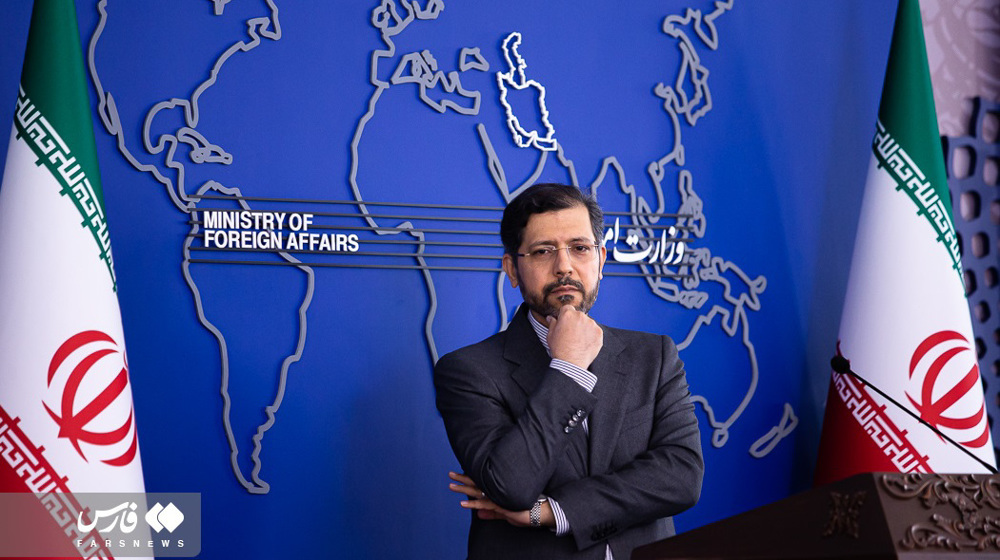
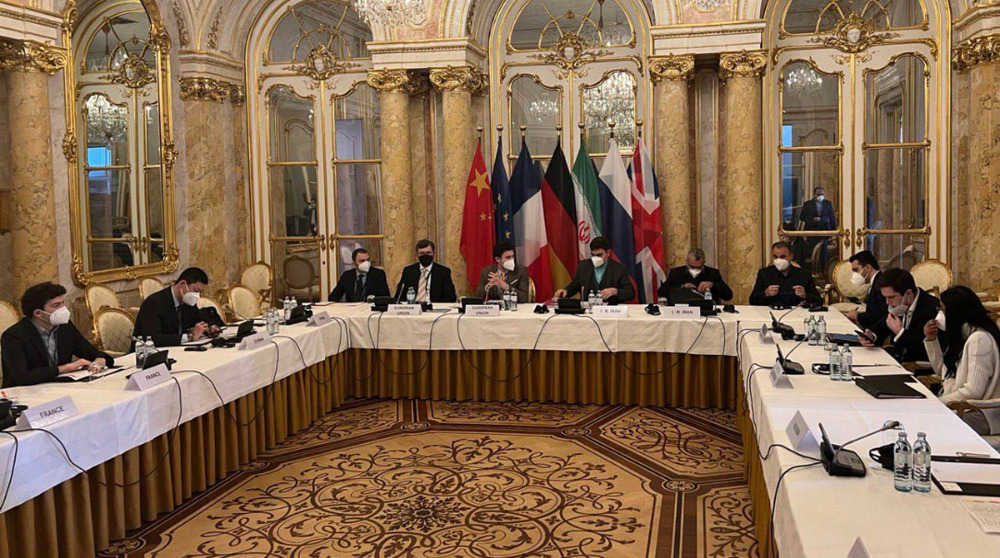
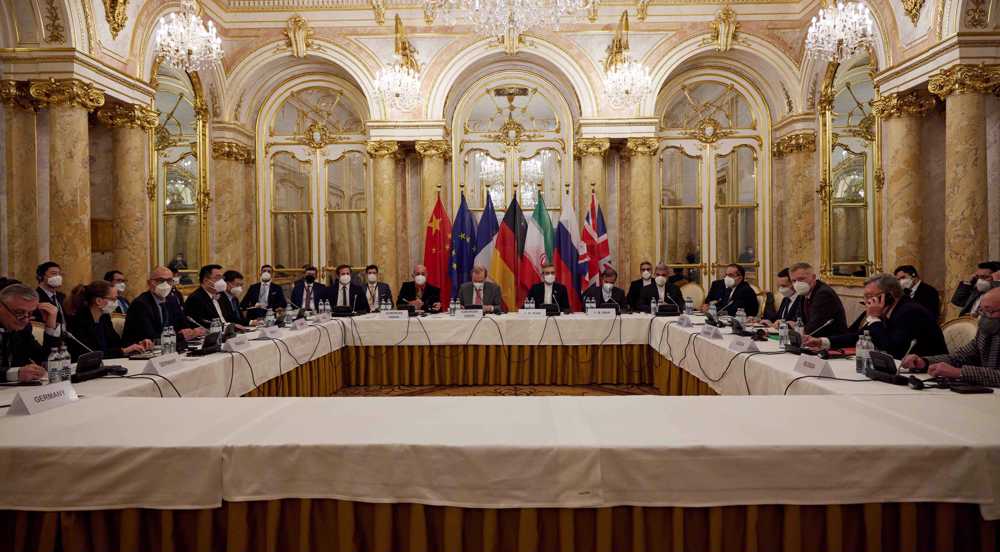
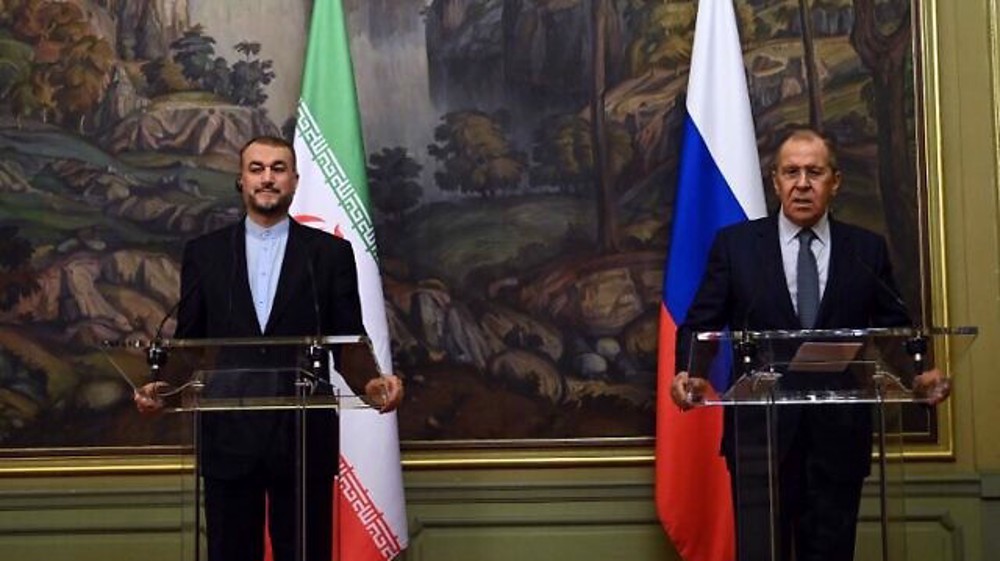
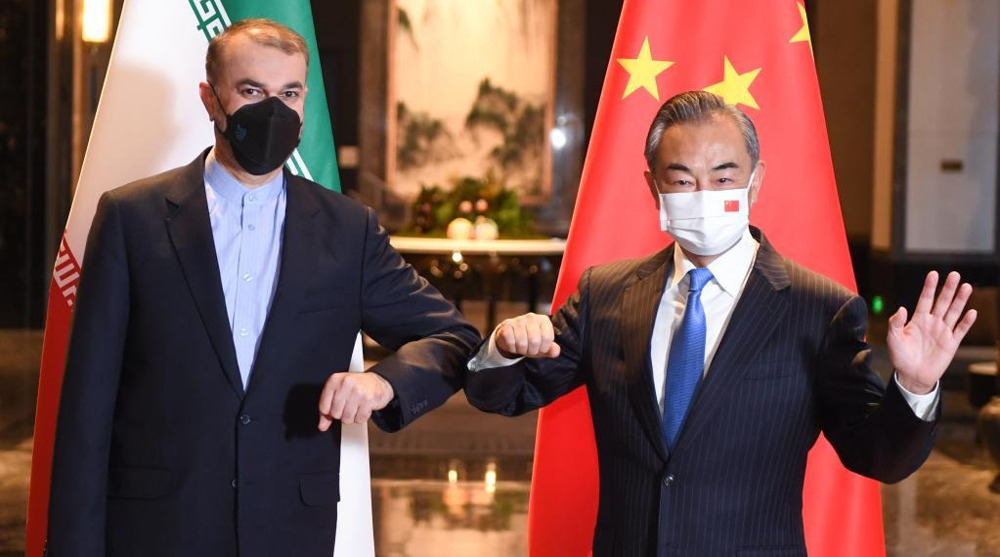
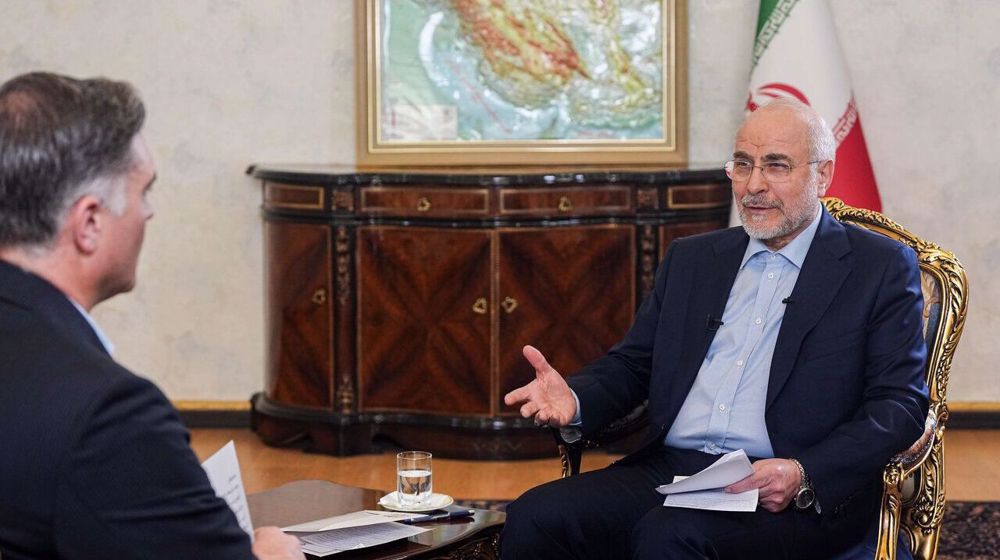
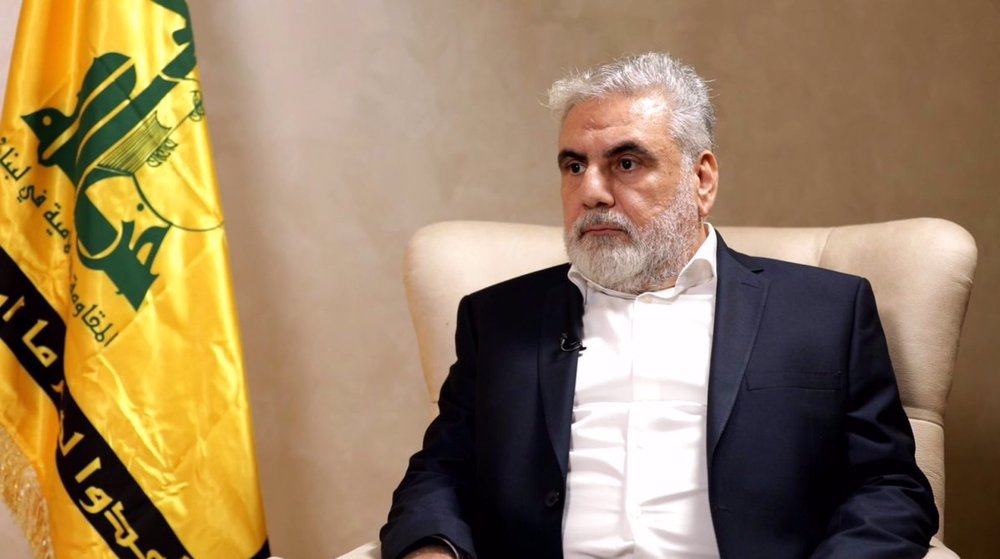
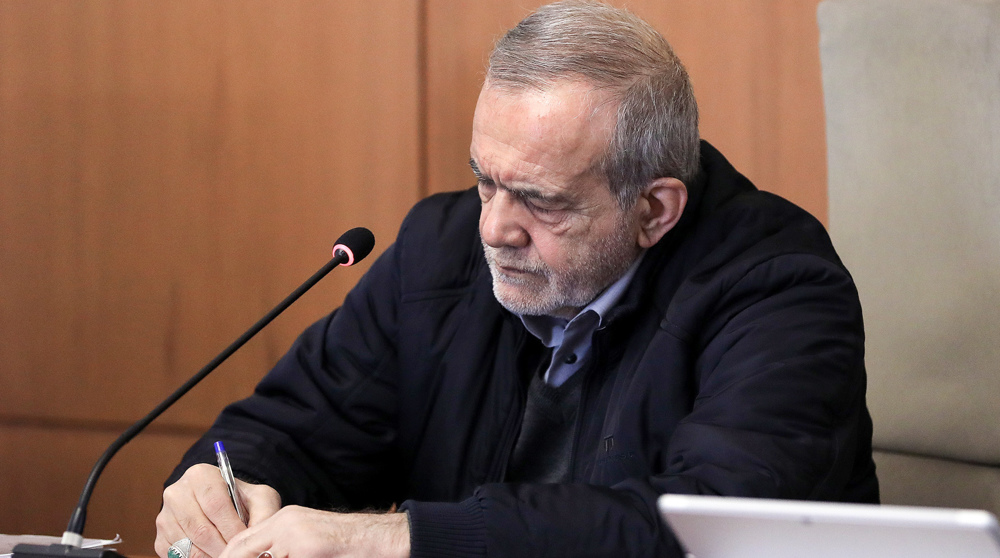



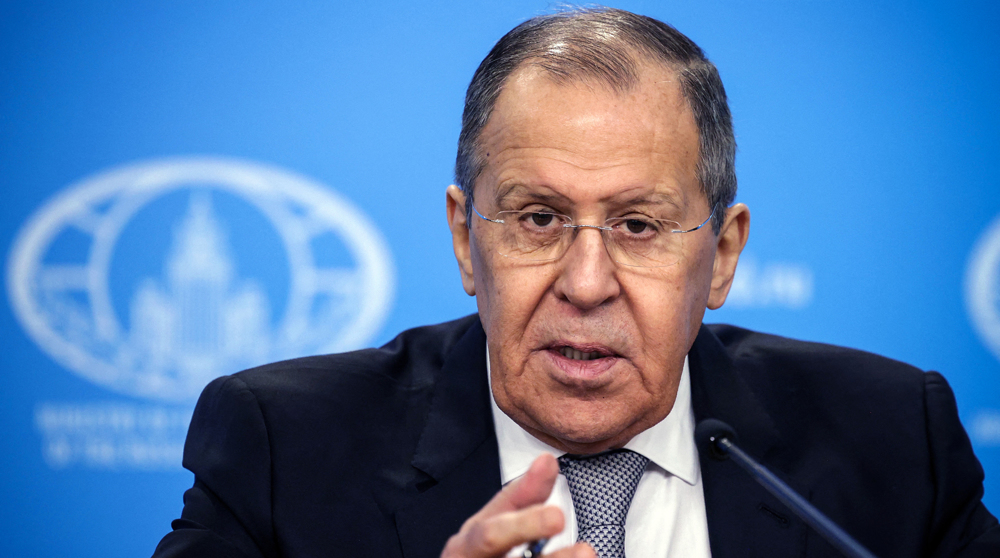
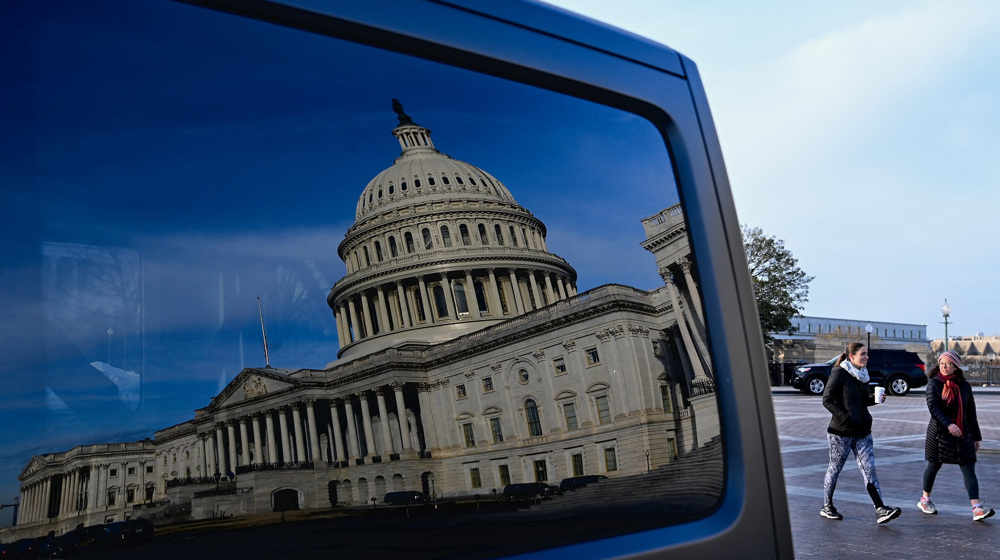
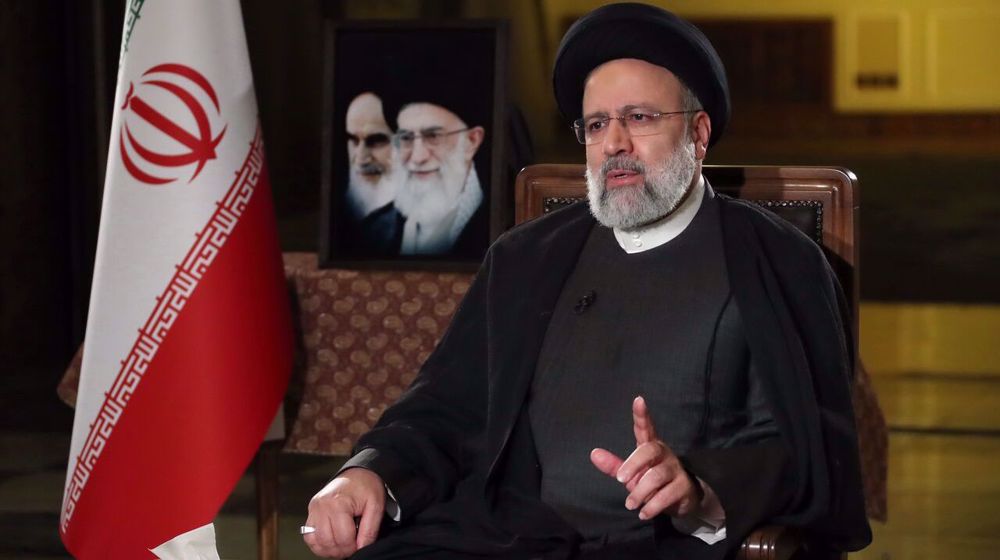
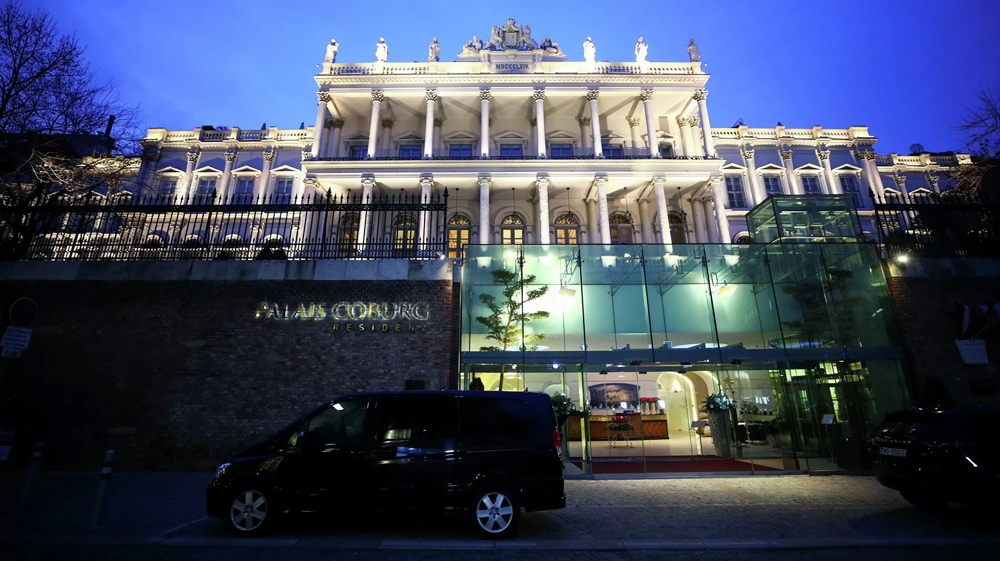
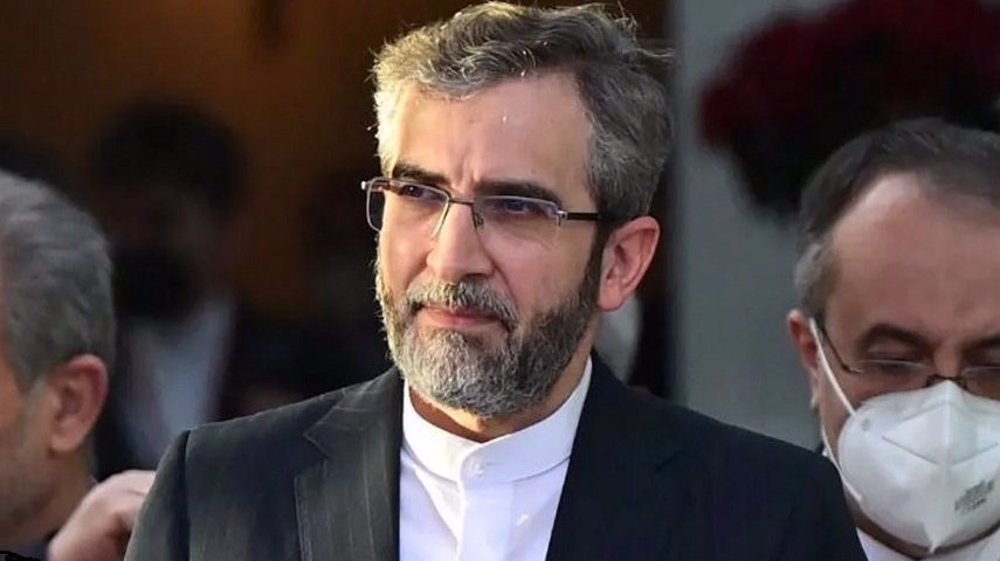
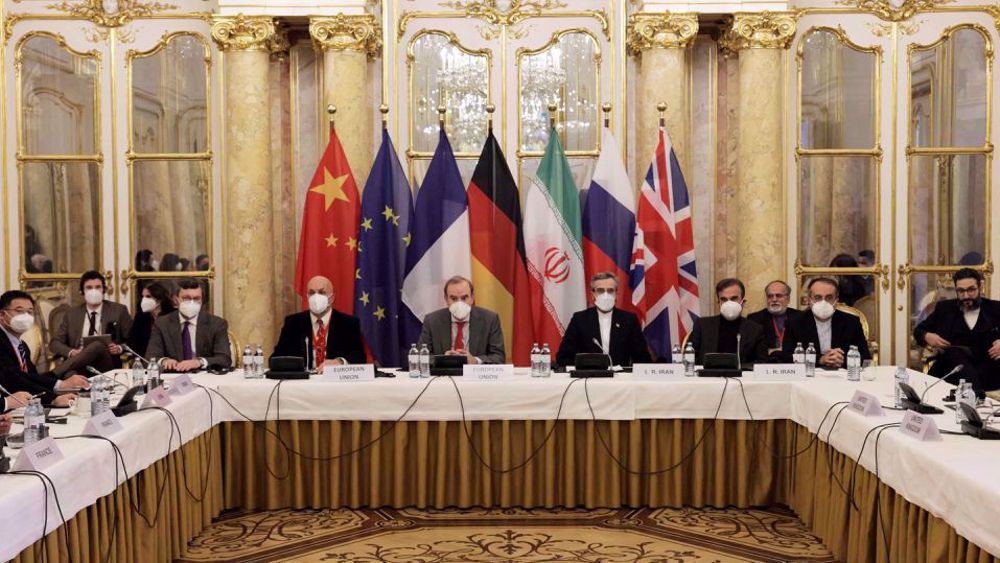
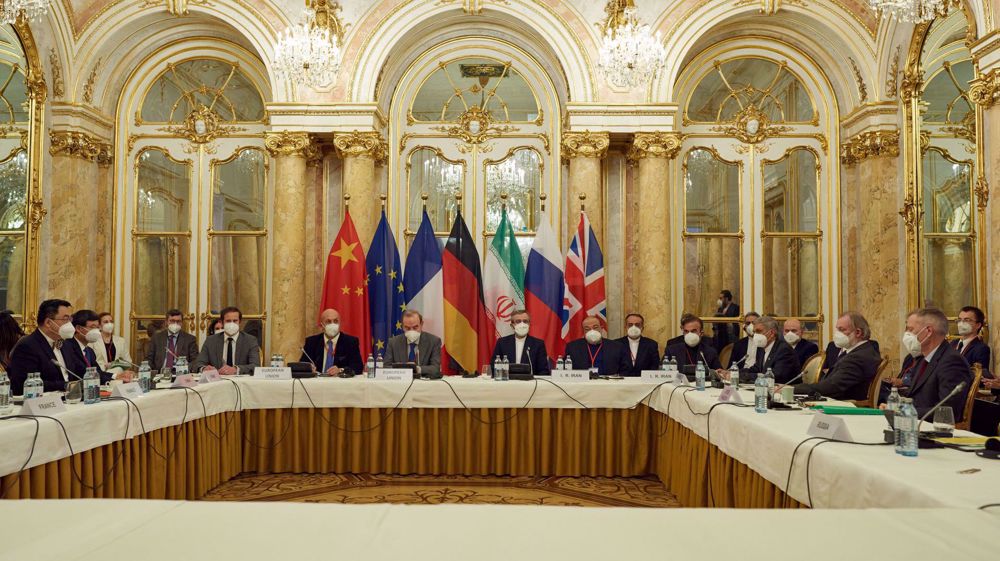

 This makes it easy to access the Press TV website
This makes it easy to access the Press TV website